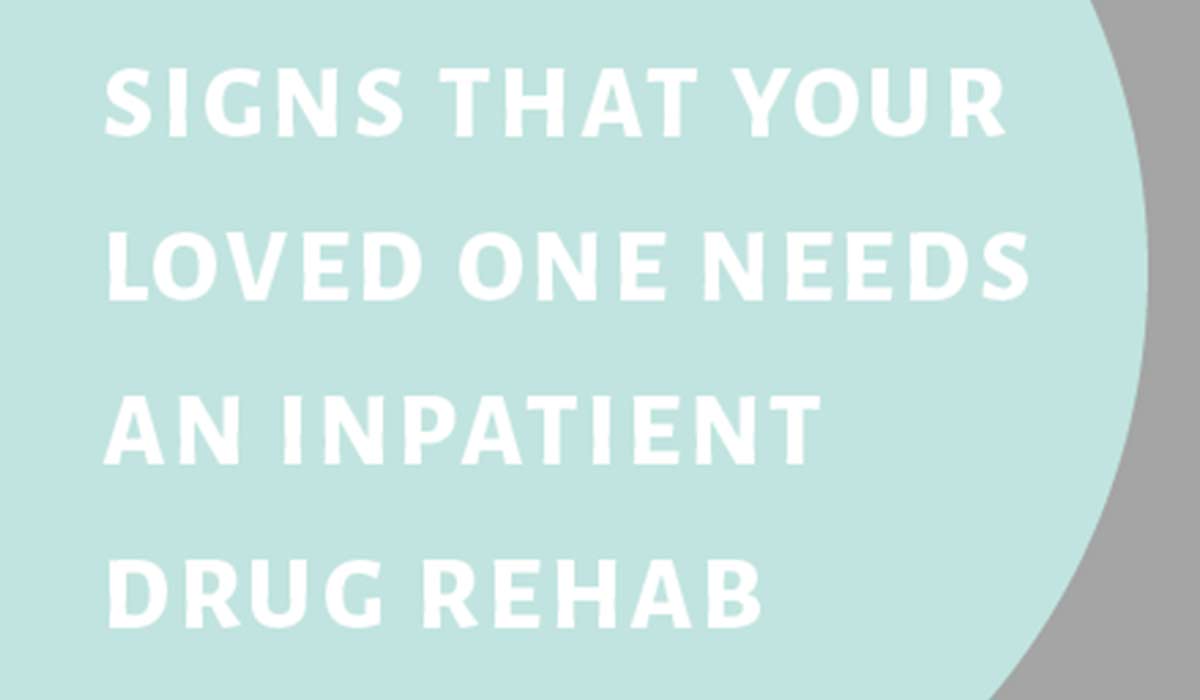Addressing Triggers And Temptations Adhering To Drug Recovery
Addressing Triggers And Temptations Adhering To Drug Recovery
Blog Article
Writer-Blackburn Meier
You have actually completed Drug rehab and taken a significant action towards a healthier way of living. But now, facing triggers and food cravings post-rehab can be a tough journey. How do you browse with these minutes without compromising your development? Understanding the approaches to handle triggers and yearnings is important in maintaining your sobriety. Let's discover reliable means to take care of these obstacles and safeguard your newly found commitment to living a drug-free life.
Determining Triggers and Cravings
To effectively manage your triggers and food cravings, start by acknowledging the scenarios or feelings that result in your need to make use of. Take a moment to assess what situations or sensations prompt your desires. Is it anxiety, dullness, social circumstances, or particular areas? By pinpointing these triggers, you can better prepare yourself to deal with them.
Triggers can be both interior, such as negative emotions or physical pain, and outside, like being around individuals that make use of materials or visiting a specific place.
Take note of patterns in your cravings-- are they more regular at specific times of the day or in action to specific events?
Building Healthy And Balanced Coping Methods
Recognizing your triggers and food cravings is the first step towards building healthy coping approaches to handle them efficiently. Once you understand what situations, emotions, or people trigger your yearnings, you can start developing a strategy to address them.
https://www.audacy.com/music/alternative/dr-drew-on-taylor-hawkins-terrible-drug-addiction is to change unfavorable actions with favorable ones. As an example, if anxiety causes food cravings, exercising leisure strategies like deep breathing or reflection can aid. Taking part in physical activities such as workout or going with a stroll can likewise be a great method to deal with food cravings.
An additional crucial aspect of building healthy coping approaches is to create an encouraging environment. Surround yourself with individuals who comprehend your trip and can offer encouragement and liability. It is essential to establish boundaries with people who may not sustain your healing.
Additionally, creating a routine that includes healthy and balanced habits like normal exercise, correct nourishment, and enough sleep can assist you stay on track and minimize the likelihood of experiencing triggers and food cravings.
Looking For Support and Responsibility
Developing a network of encouraging people who can provide inspiration and hold you answerable is important in taking care of triggers and food cravings efficiently. Seek out close friends, family members, or a support group that comprehend your trip and can provide support when you deal with tough situations.
Having someone to speak with during minutes of lure can make a substantial difference in remaining on track with your recuperation. Responsibility partners can help you remain focused on your goals and remind you of the reasons why you picked to look for aid in the first place.
They can likewise aid in creating an organized strategy to manage triggers and cravings, such as establishing different activities or dealing systems to replace the urge to make use of medicines. Normal check-ins with your support group can give reassurance and motivation, helping you feel much less separated in your recovery trip.
Verdict
Remember, acknowledging and handling triggers and desires after Drug rehabilitation is an essential component of preserving sobriety.
By recognizing your triggers, building healthy coping techniques, and seeking support from enjoyed ones or support groups, you can navigate through challenging minutes and stay focused on your sobriety objectives.
Remember, find more information in this trip, and with the right tools and assistance, you can get rid of lures and live a meeting, drug-free life.
Remain solid and maintain moving on.
